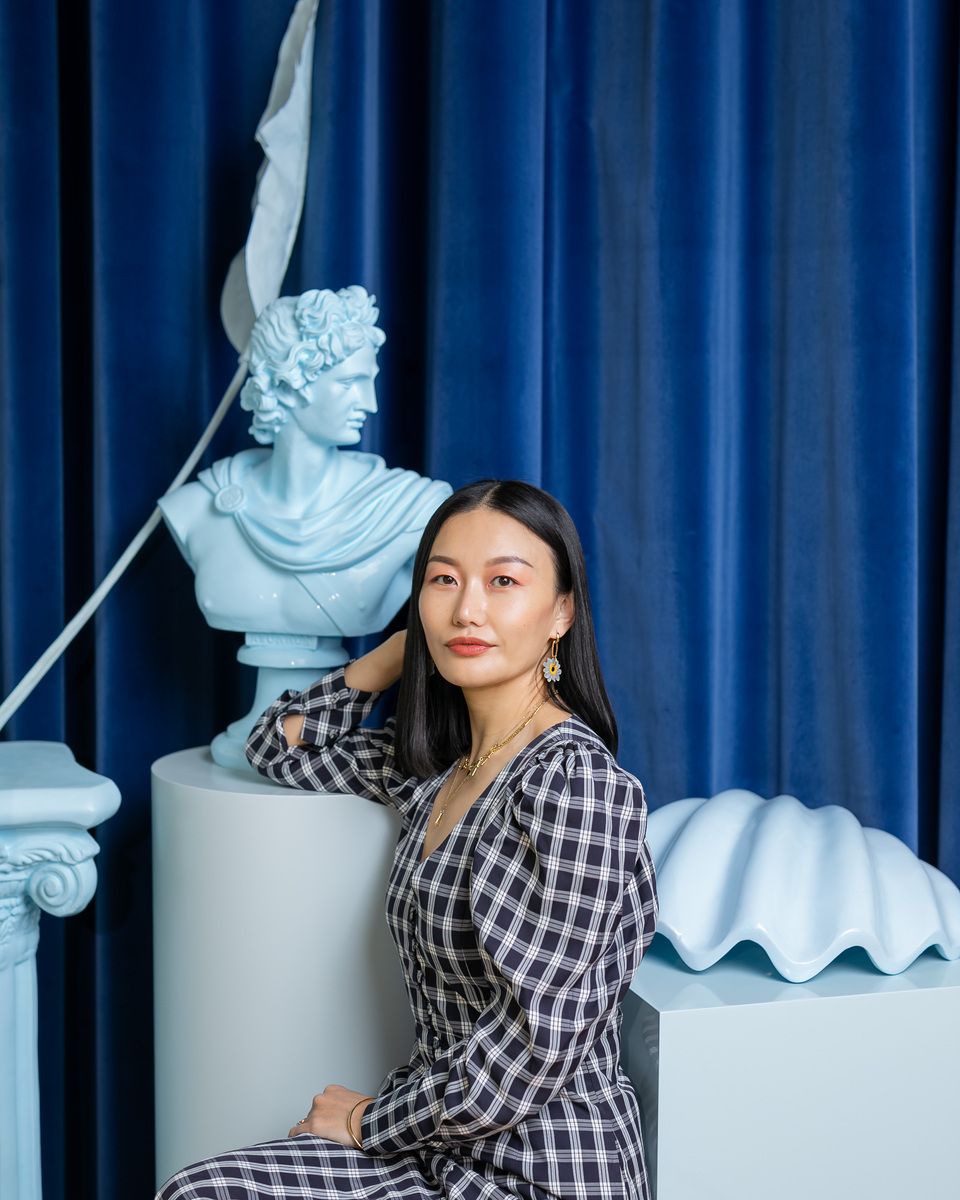
I recently had the pleasure of attending a fascinating AI event that brought together creators, artists, copyright attorneys, and AI startups to engage in an important conversation about copyright law and fair use in the age of AI.
🌐💼 During the event, I found the discussions on the nuances of copyright law and the concept of "tool" as perceived by the Copyright Office versus artists to be particularly thought-provoking. We definitely need more events like this to include all the relevant stakeholders in such crucial discussions. 🗣️🎭
🧩 One interesting moment from the event came when Katrina Kershner, an IP attorney at Reed Smith LLP posed a conundrum: when artists use unconventional tools or influences—such as light patterns or the effects of an acid trip—to create art, should these factors be considered in the copyright protection of the resulting work? The Copyright Office may view the "tool" differently than the artist, and this discrepancy can pose challenges in securing legal protection for art. 🎨⚖️
🎓 Prof. Jacques de Werra from the Digital Law Center at the University of Geneva also pointed out that, traditionally, some artists keep their exact work process to themselves to protect the value of their work. However, he suggested that in the future, creators and artists might have to show the exact step-by-step process of how they created the artwork to prove there is a significant amount of human input during the process in order to copyright the work for themselves in the age of AI. 🤔🔍 I personally couldn't agree more.
🧑💻 If you have used any generative AI tools before, you will understand that there are so many different ways to use AI tools to create an image or a video. You can do a simple text prompt and be done with it, or you can have a lot more rounds of iterations, use your own original work to create AI-generated work, or blend and remix images. 🎞️📸
📚 Katrina and Max Sills, the General Counsel from Midjourney
, both referenced the landmark case Authors Guild v. Google, also known as the "Google Books" case, as an important precedent in understanding fair use as it applies to AI. This case clarified that the use of copyrighted material for transformative purposes—such as creating a searchable index or training AI models—could fall under fair use, thereby setting a precedent for determining the legality of using copyrighted works to train AI systems. 📖🏛️
As AI continues to evolve, copyright law will undoubtedly face new challenges, and events like this one provide a valuable forum for experts to share insights and navigate the path ahead. 🌟🛣️ In my opinion, it is essential to have more events and discussions that include creators, artists, copyright attorneys, and AI startups, so that creators can be a part of these important conversations. 🗨️💡
🔔 Don't Be a Stranger, Stay in the Loop!
Hey, did you enjoy the ride through the world of AI today? Don't let it be a one-time thing! Join our tribe of innovators by subscribing to our newsletter. You'll be the first to get the inside scoop on the latest happenings in the tech world, right in your inbox. Because who doesn't love waking up to a serving of AI with their morning coffee? ☕
Stay in the creative mood and harness the power of AI,
Moodelier and Claire 🌈✨


